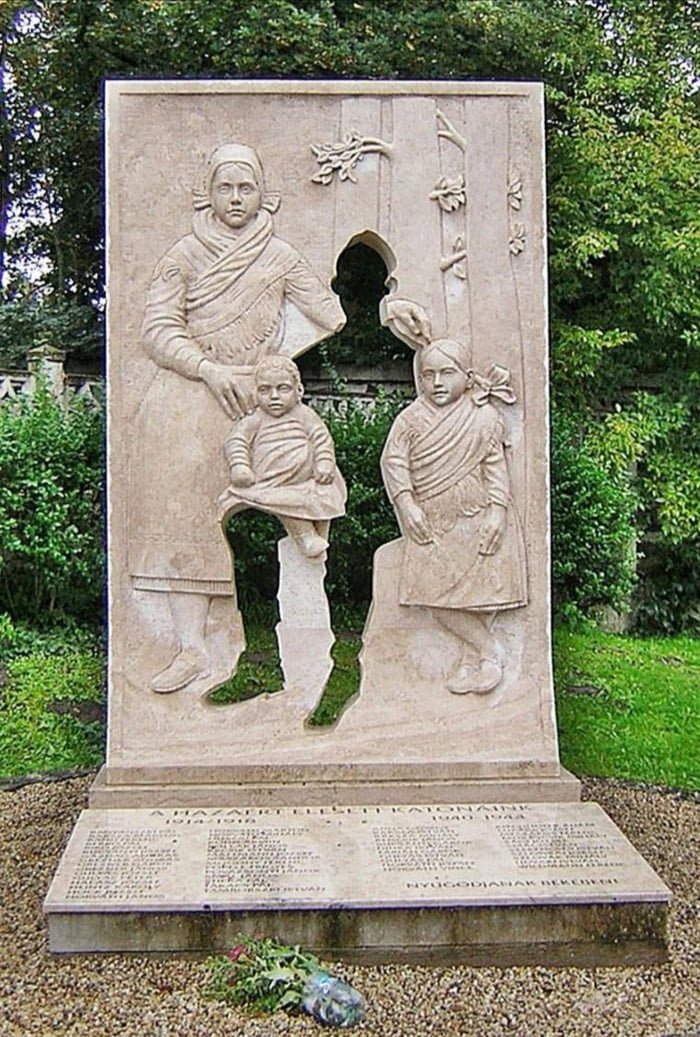The Absence in Babi Yar
Over the years, I have visited three Holocaust concentration camps: Bergen-Belsen in Germany and Auschwitz and its partner death camp Birkenau in Poland. Each of the camps have been reconstructed in different ways. Bergen-Belsen is a wooded parklike setting with little mention of the Holocaust, save a small visitors center. Auschwitz is a museum, with different countries transforming bunkers into displays. Birkenau has preserved ruins with the last stones of the crematorium as outlines of horror on the ground.
Although each camp was transformed differently, I felt the same emotion at each – absence. The eeriness of lost souls was palatable in each. What was lost and, therefore, not present was prominent. Space can be turned into a museum, plowed over into a forest or left simply to decay. It does not matter. It is the absence of lives lost that is felt.
I have never been to Budapest, but I would like to see their Holocaust memorial of metal cast shoes on the shore of the Danube River. The memorial is the imagination of what is missing, the shoes’ owners – Jews executed and thrown into the Danube. Likewise in Vácrátót, Hungary, a World War I memorial is built around absence. A classic stone relief of a family is upended with the father’s presence missing in a hole.
I thought a lot about memorials and hallowed absence this week. Earlier this week, the Russians bombed Babi Yar. Babi Yar is the ravine where, in 1941, the Natis executed a staggering 33,771 Jews in just 48 hours. Over the next few years, the Nazis returned to Babi Yar numerous times for more executions. This week, while the Russian bombing did not damage the memorial itself, the result was so far worse. Their bombs killed five more people. The chilling void of Babi Yar was made even larger. The absence grew even deeper.
Among sites of Holocaust atrocities, the name Babi Yar has always stood out to me because its sound has a certain softness. Compare the guttural sound of Auschwitz or Mauthausen or Ravensbrück to vowel-laden lightness of Babi Yar. Babi means “grandma” in Ukrainian. It is a toddler’s soft first word. Yes, the sound itself has an ethereal quality. It sounds like absence. Babi Yar is breath, or its absence.
In Mishna Sanhedrin, we read, “Whoever destroys a soul, it is considered as if he destroyed an entire world. And whoever saves a life, it is considered as if he saved an entire world.” Each person’s life is considered to be a world. A life’s destruction is a profound absence. As of last Monday, the U.N. reported 227 civilian deaths in Ukraine. Undoubtedly, now, that total is much higher and will continue to grow. Hundreds of worlds are being destroyed. What memorial can capture that absence?

